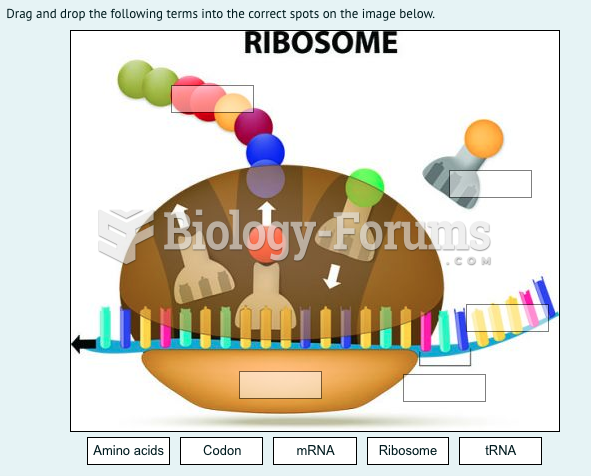This topic contains a solution. Click here to go to the answer
|
|
|
Did you know?
Thyroid conditions cause a higher risk of fibromyalgia and chronic fatigue syndrome.
Did you know?
One way to reduce acid reflux is to lose two or three pounds. Most people lose weight in the belly area first when they increase exercise, meaning that heartburn can be reduced quickly by this method.
Did you know?
More than 20 million Americans cite use of marijuana within the past 30 days, according to the National Survey on Drug Use and Health (NSDUH). More than 8 million admit to using it almost every day.
Did you know?
The familiar sounds of your heart are made by the heart's valves as they open and close.
Did you know?
By definition, when a medication is administered intravenously, its bioavailability is 100%.







